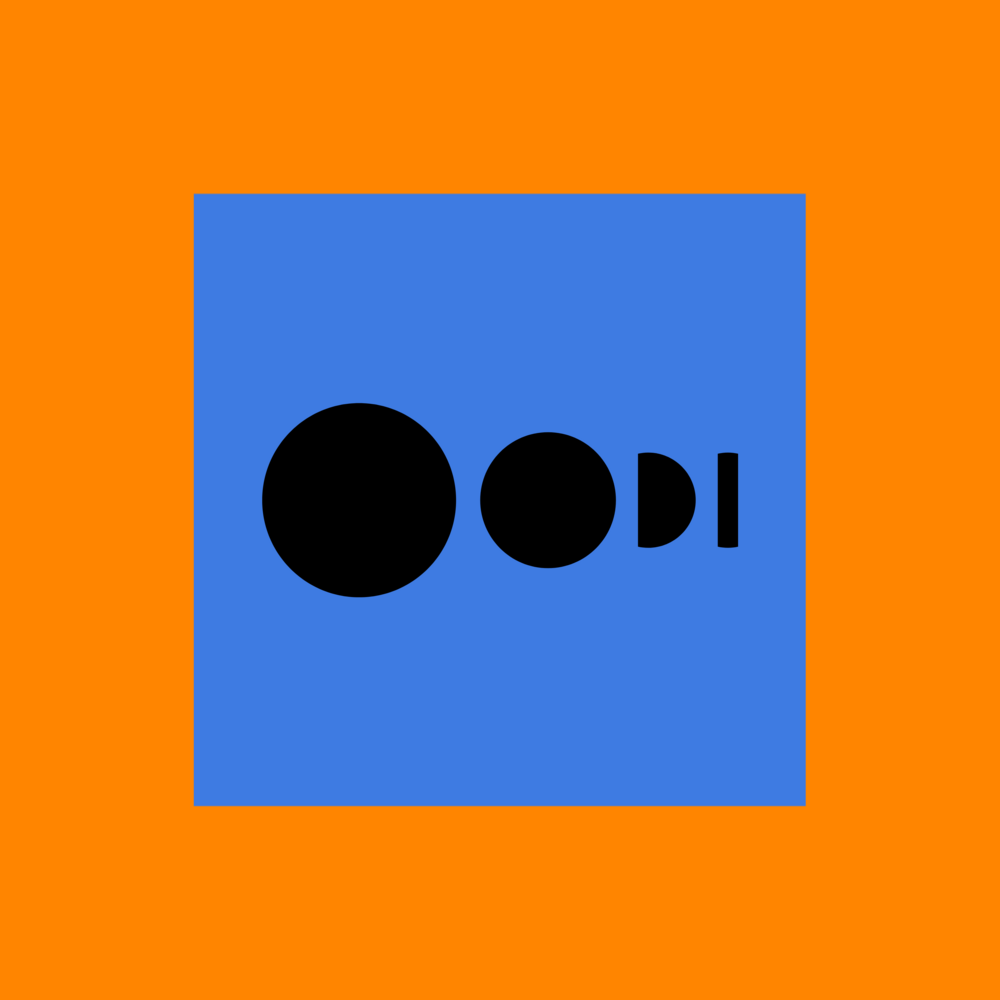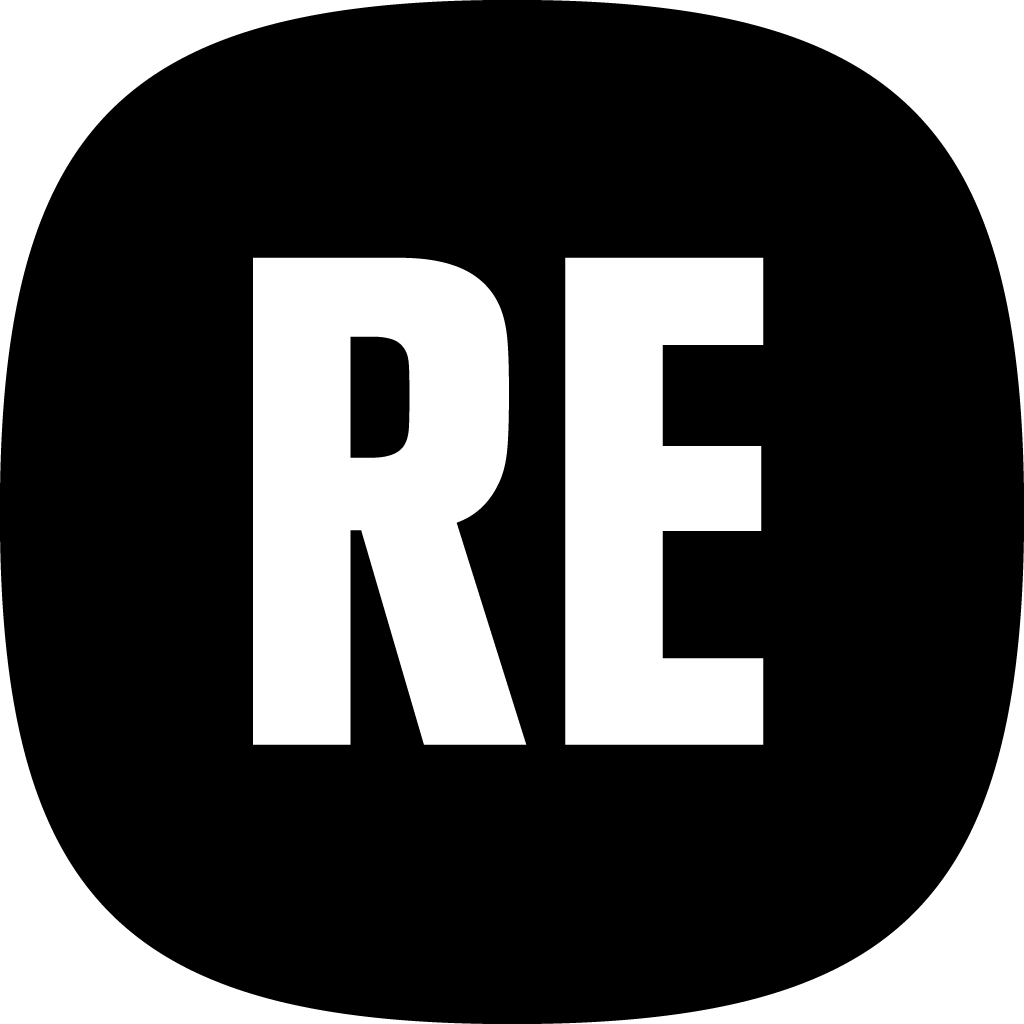Oodi Library

We give ownership to the public. They organise events [and] bring exhibitions here.
WHO
In the city centre of Helsinki, Oodi Library provides free library services, as well as spaces and facilities to organise events, meet and collaborate, make music, game, craft, and more. Developments in Finnish library legislation positioned libraries as promoters of active citizenship, in addition to supporting literacy. To take up this new role Oodi library was designed and built in collaboration with the librarians and the city’s residents starting in 2010, to ensure that the space would meet the needs of its future users. While the library has been open for many years, public participation in the design of the library spaces, services, and processes continues and changes Oodi Library, resulting in the experimental hub that the library is today.
Harri Annala, Librarian at Oodi Library, spoke with RECHARGE about how they foster public participation and use of the library's spaces and services, and the skills needed to do this well.
WHAT
Oodi Library fulfils an important role for the public and for the Helsinki City Library Network, through its extensive facilities and technical capabilities. Their spaces and facilities are free for the public to use, and are also available for private rental. These include a makerspace, music studios, gaming rooms, an urban workshop area, and an educational kitchen. Oodi has also iterated the spaces based on visitor feedback. For example, as the music studios quickly grew in popularity, it became clear that they were not suited for practising, and a digitizing studio was converted into an acoustic rehearsal room.
Many projects, actors, and individuals choose to work at or with Oodi. There is currently an open form for people to submit their ideas for how they would like to use the space, with the only restriction being that you cannot charge entry. The library is for example now home to volunteer groups hosting language cafes and digital literacy sessions, organisations that host workshops for children, board game groups, and housing organisation meetings.
As part of the city library network, Oodi cooperates closely with schools and other established organisations, and develops and tests library services to support other libraries in the network. Before the opening of Oodi, there was an organizational change in the city library network to better connect all the libraries, ensuring they work more closely together, share crucial skills, and exchange ideas. Oodi Library often takes on the role of technical tester, for example developing a portable PA (professional audio) unit. They will test tools, solve the problems they encounter, create clear use instructions, and share this knowledge with the branch libraries.
HOW
COLLABORATION
The ambition is for Oodi Library to be a living room and work room for citizens and taxpayers. It can be challenging to ensure that the public know they can freely use the spaces, and to lower the threshold to do so. Furthermore this type of community management and commercial thinking around venue rental was entirely new to Oodi staff members, who were generally trained in information sciences and librarianship. Oodi library therefore adopted several organisational and participatory strategies to really make it easy for people to participate and use the spaces:
Remove as many barriers to participation as possible. Especially since Oodi is targeting people with no experience organising events, processes need to be simple.
Communicate clearly and frequently to the public how they can make use of your facilities.
Track networks and connections brought into the organisation, to for example help deal with staff turnover. Oodi has self-managing teams, where each team has a rotating team leader who volunteers to take up this responsibility.
Hire employees with more diverse backgrounds when there is staff turnover, such as in event organisation.
FINANCING
The annual operating budget of Oodi is 100% publicly funded by the city of Helsinki as due to library legislation in Finland, a city must ensure good library access for its citizens. This funded budget covers the staff salaries and real estate rental of the library building from the city. The income generated by renting the facilities to commercial organizations is used to cover replacing furniture or other small investments that provide high-quality free to use spaces for the majority of users. Oodi has found it challenging to balance the need for income from venue rental which supports the intended audience, with ensuring citizens can use the spaces for free when they need and want to.
IMPACT
Oodi’s collaborations were described as proactive, where others reach out to Oodi, and reactive, where Oodi is reaching out to potential partners. Both of these types of collaborations are seen as crucial to Oodi Library being a living room for citizens. Though given the autonomy individuals have in organizing their events or meetups, Oodi cannot monitor everything. Consequently, librarians may not always be aware of activities, making it challenging to evaluate the overall impact accurately. While Oodi certainly has a lot of innovative elements within their organisation, Harri sees some of the biggest impact in how the use of the free, creative spaces ensures cross-pollination and strengthening of traditional library services, and vice-versa.


Share